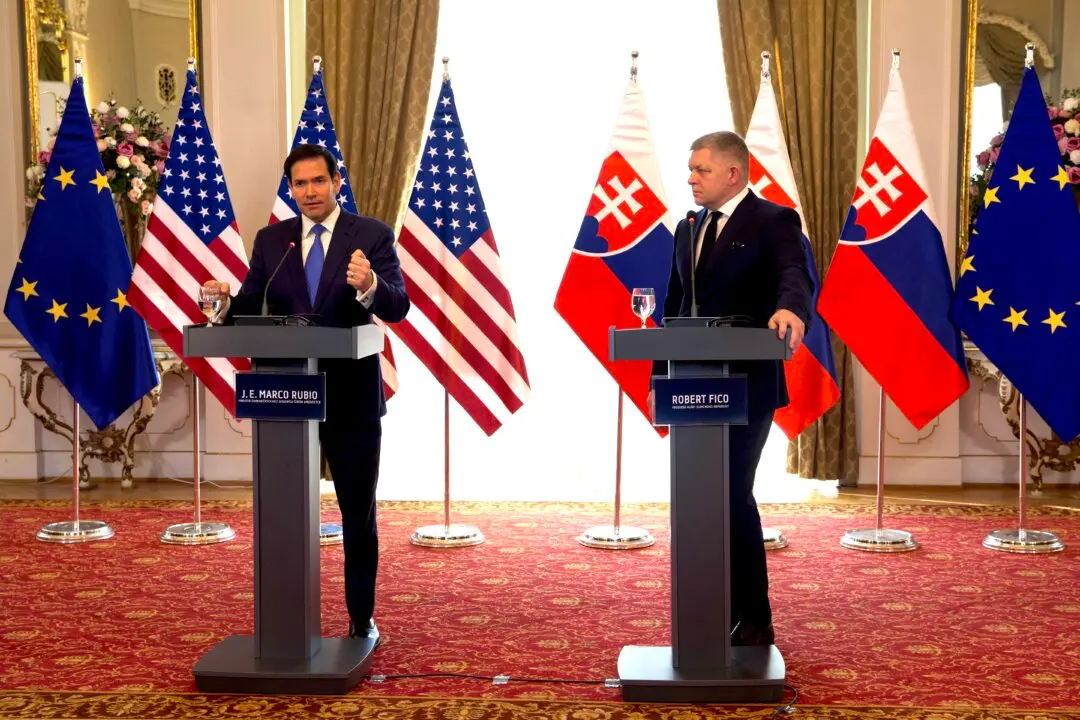President Donald Trump signed another executive order on Wednesday, directed at closing a previous loophole that postponed duties on low-cost made-in-China imports.
In a Feb. 5 executive order, Trump paused tariffs on low-cost, or de minimis, packages from China and Hong Kong until the Commerce Department could implement proper measures, procedures, and systems to ensure comprehensive package processing and duty collection.





